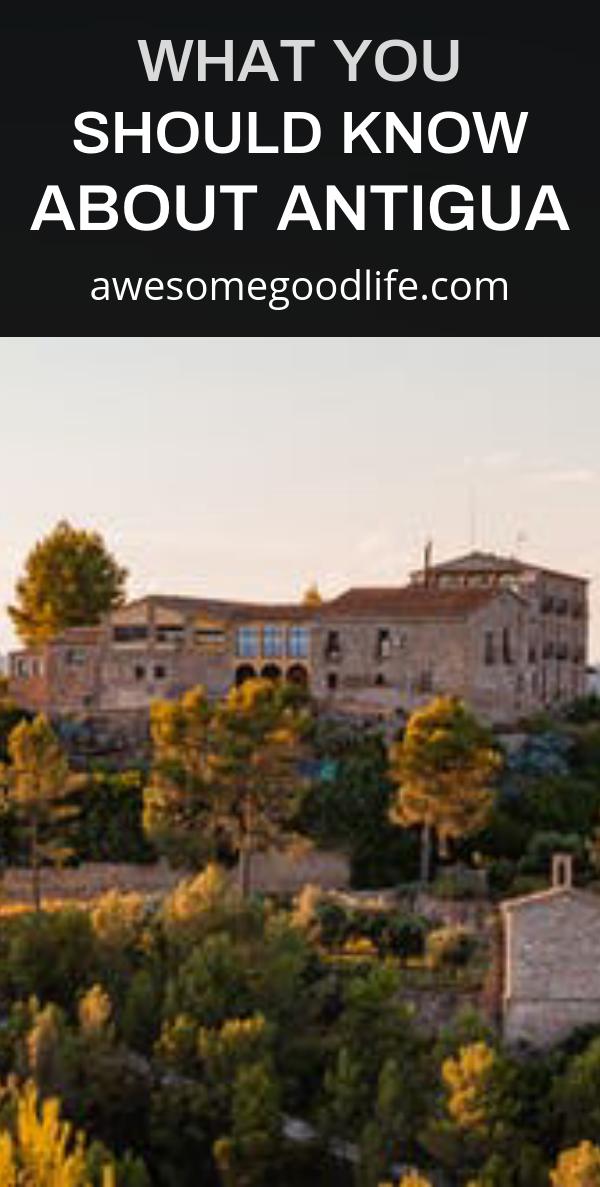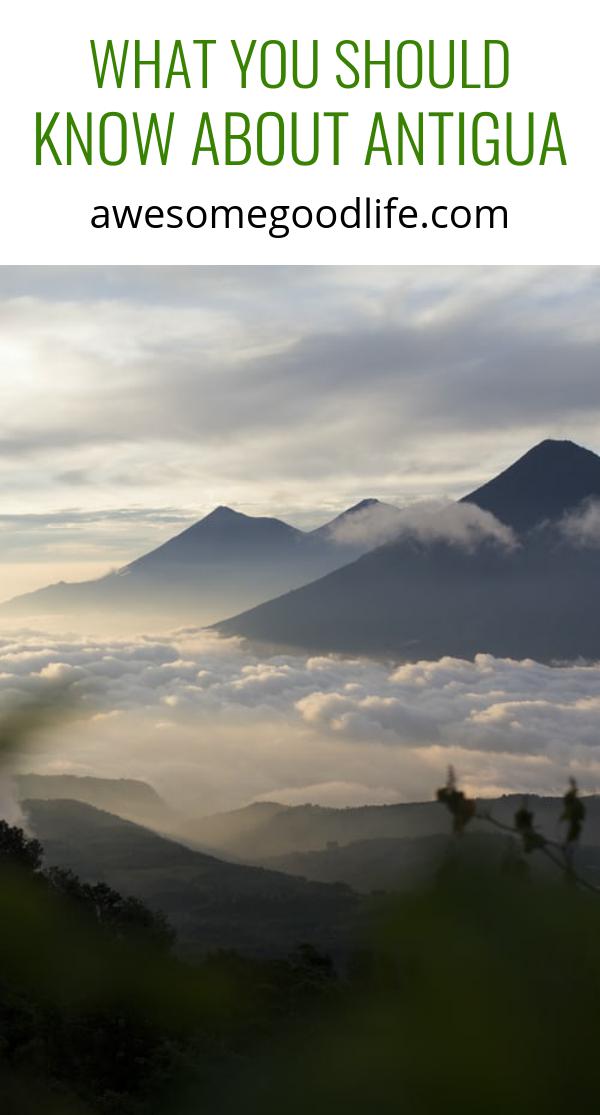Nestled between the turquoise waters of the Caribbean Sea and the mighty North Atlantic Ocean, Antigua is a tiny island that makes up the second half of the country, Antigua and Barbuda. With an area of 108 sq. km. and a fascinating landscape of low-lying limestone and coral islands with some higher volcanic areas, the island is a haven for people looking for a place to relax and have fun in their own tiny spot in the Caribbean.
History

The first people to inhabit Antigua were called the Siboney or ‘stone people’ who stayed on the island until at least 2400 B.C. Later, the Arawaks, who were originally from Venezuela, followed the Siboney and came to settle on the chain of islands, now called the Lesser Antilles. However, the warlike Carib people drove the Arawaks out of the islands.
In 1493, Christopher Columbus discovered Antigua by accident and named it Santa Maria la Antigua, after a church in Seville, Spain. The first body of English settlers took possession of the island in 1632 but were soon driven out by the Carib Indians.
Since then, the island became a battleground for possession with the native Caribs on one side, the French and the British on the other. Finally, in the Treaty of Breda, the British regained Antigua and possessed it until 1981 when the island gained its independence, along with Barbuda.
Climate
Antigua has an average rainfall of 45.6 inches. However, due to great variations every year and the absence of rivers, the island is subject to frequent droughts. Even so, the soil, especially in the interior, is very fertile, producing export quality sugar and pineapples, plus local favorites like sweet potatoes, yams, maize, and guinea corn.
Temperatures on the island range from mid-seventies in the winter. In the summer, the temperatures rise up a notch to around the mid-eighties. Antigua is considered as one of the sunniest parts of the Eastern Caribbean Islands with constant northeast trade winds. Its naturally rocky coast is much indented by bays and arms, providing excellent harbors that afford shelter during storms.
Transportation
Antigua’s single airport, the V C Bird Airport, is serviced by several major airlines from all over the world, including Virgin Atlantic, British Airways, USAirways, American Airlines, Continental, BWIA, and Air Canada. There are regular flights to the neighboring island of Barbuda from V C Bird.
Additionally, Antigua has an English Harbour on its southeastern coast which is famed as a ‘hurricane hole’ because it provides a protected shelter during violent storms. Today, the English Harbour and the neighboring village of Falmouth are world-famous for luxury yachting and sailing.

Activities
A vast portion of activities you can do in Antigua involves water excursions, such as sailing, boating, and yachting. But for the land-lubber, there is also a multitude of alternative activities available, including cricket, tennis, eco-tours, golfing, hiking, bird watching, hunting, and riding.





